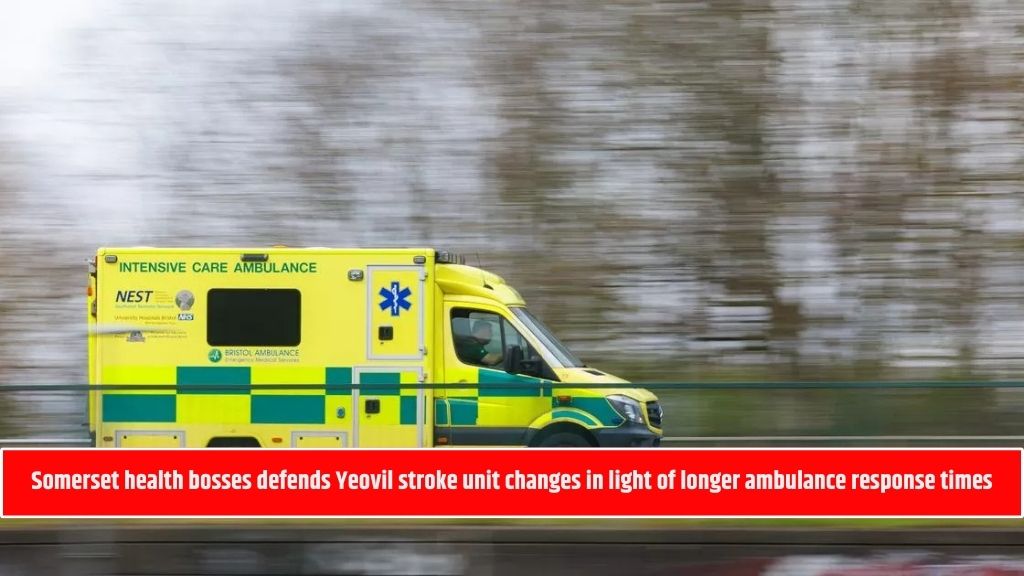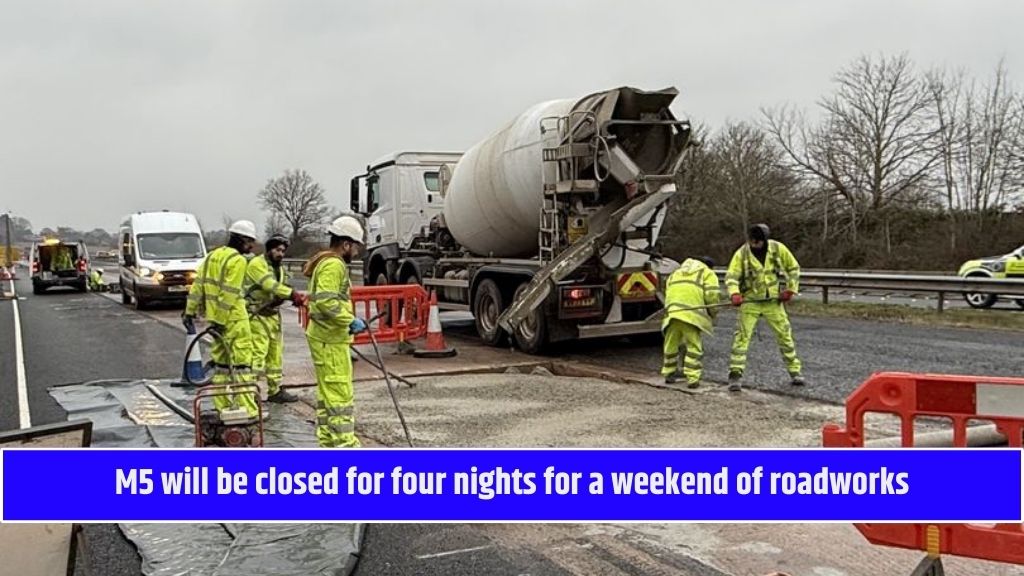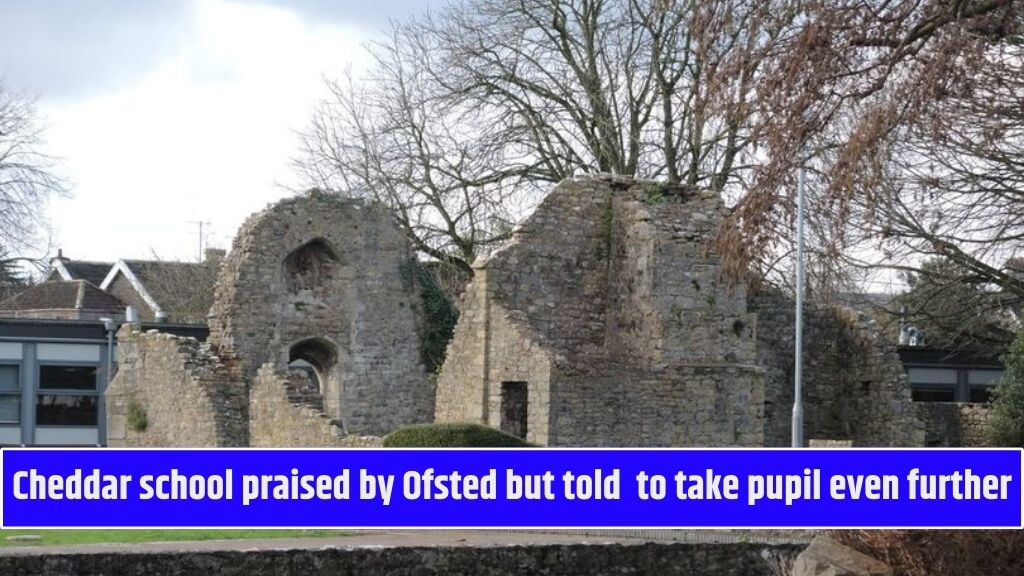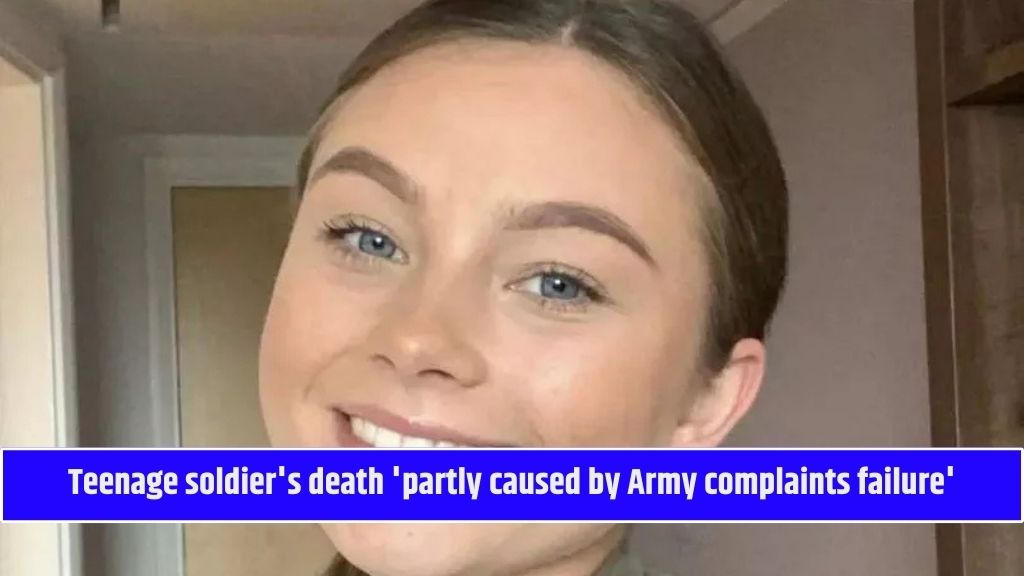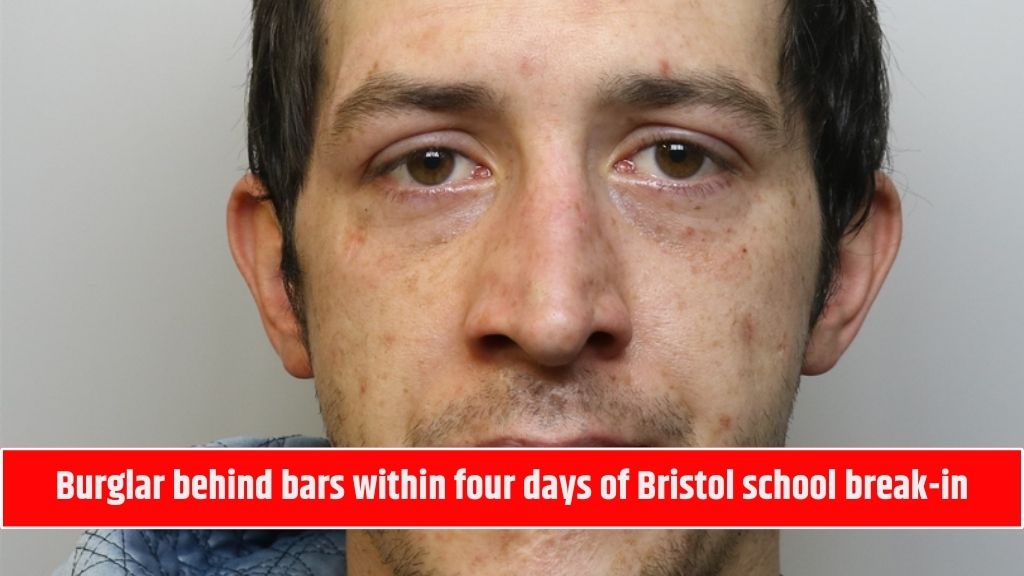Health officials in Somerset are standing by their decision to remove Yeovil Hospital’s hyper-acute stroke unit (HASU), despite growing concerns over increasing ambulance response times for stroke patients. The NHS Somerset Integrated Care Board (ICB) plans to transfer all serious stroke cases to hospitals in Dorchester or Taunton, a move they believe will improve patient outcomes.
Concerns Over Longer Ambulance Wait Times
The decision comes as new data from the Liberal Democrats reveals that stroke patients in the South West face longer ambulance waiting times, particularly during winter months. Party leader Sir Ed Davey MP has urged the government to invest more in the NHS to address the issue, stating that delays in emergency response can have catastrophic consequences for patients.
Rising Ambulance Response Times in the South West
The South Western Ambulance Service has set different response time targets depending on the severity of the emergency:
- Category 1 cases (life-threatening conditions like cardiac arrest): Target response time is under seven minutes.
- In winter 2023/24, the actual average response time was over 9.5 minutes, a 44% increase from 2018/19.
- Category 2 cases (urgent conditions like strokes or chest pain): Target response time is under 18 minutes.
- In winter 2023/24, the actual response time was 47 minutes, which is 12.9% longer than the rest of the year.
Political Leaders Demand Action
During a visit to Cornwall, Sir Ed Davey criticized the current state of the NHS, blaming years of underfunding by the Conservative government. He called on the Labour government to act quickly and provide necessary investments to ensure patients receive faster emergency care.
He stated:
“People are waiting far too long in pain and distress for an ambulance to arrive. Every year, we see these delays worsen during the NHS winter crisis. A matter of minutes can mean the difference between life and death in an emergency.”
NHS Somerset Defends Stroke Unit Relocation
Despite opposition from local MP Adam Dance, NHS Somerset has maintained that removing Yeovil’s HASU is the right decision.
Dr Bernie Marden, Chief Medical Officer for NHS Somerset, explained that fast access to a HASU is essential for stroke treatment. The decision ensures that patients in Taunton and Dorchester receive specialist care 24/7.
He also revealed that Yeovil Hospital previously attempted a seven-day consultant-led stroke service, but the trial ended before Christmas due to staffing shortages.
Dr Marden added:
“The government has confirmed that NHS Somerset is best placed to determine the needs of our local population. We will continue to work with local partners, patient groups, and MPs to ensure that community voices are heard.”
When Will the Changes Take Effect?
The closure of Yeovil’s HASU and the redirection of stroke patients to Taunton and Dorchester are expected to be fully implemented by early 2026.
The removal of Yeovil Hospital’s stroke unit remains a controversial decision, especially given the increasing ambulance response times in the South West. While NHS Somerset insists this change will lead to better stroke care, critics argue that delays in emergency transport could put lives at risk. As the changes move forward, public concerns and political pressure may influence how these healthcare reforms are carried out.
| Visit for More News and Updates | WSOA NEWS |
